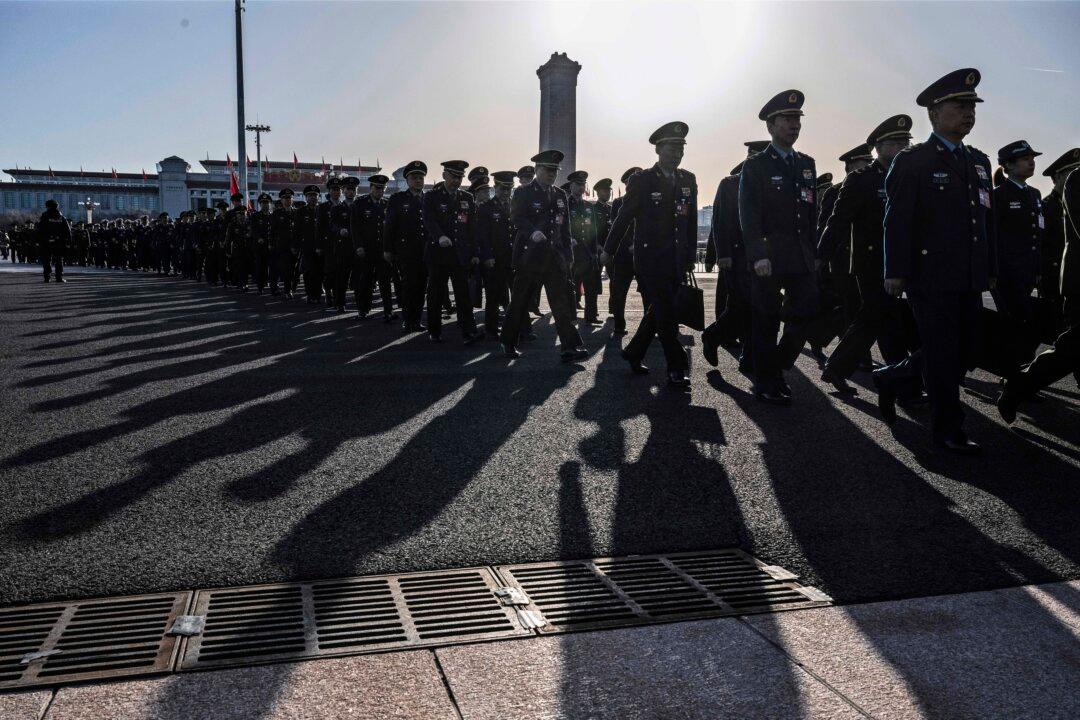Commentary
Chinese Communist Party leader Xi Jinping has defiantly declared that technological innovation is the “main battlefield” in China’s quest for global preeminence. But Beijing’s bold bid to transform itself into a global science superpower is not merely an economic imperative—it is a means to strengthen China’s military might and cyber capabilities, with grave implications for the United States.

